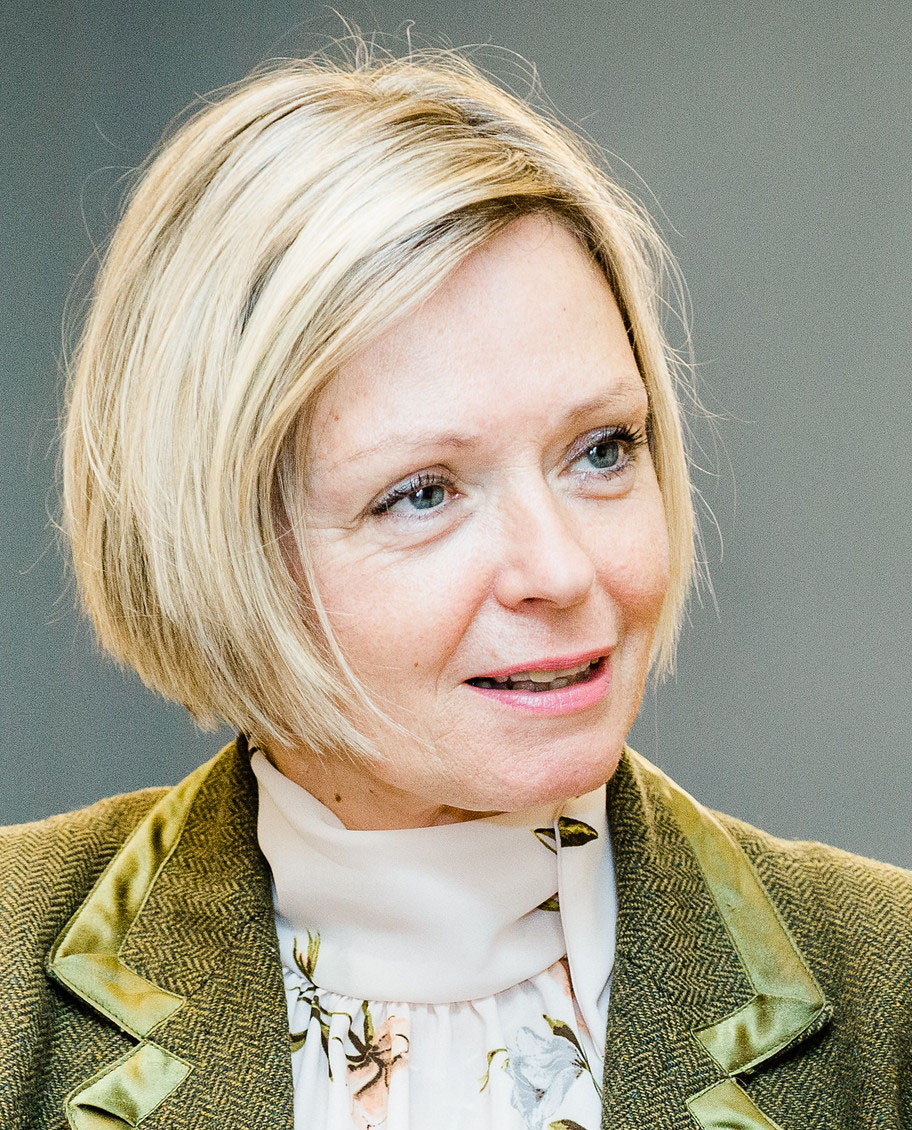The gas industry’s professional engineering institution, the Institution of Gas Engineers and Managers (IGEM), held its inaugural safety conference on 9th June. Supported by the Gas Industry Safety Group (GISG), the conference was held online.
Conference delegate, Helen Robertson, of the digital learning and assessment specialist, eCom Scotland, commented, “Safety being a vital pillar of the gas industry, this conference outlined – among other things – the progress that’s being made to deliver the safety case for developing a UK hydrogen economy. There was also news of the latest carbon monoxide research, along with safety initiatives such as the Gas Industry Unsafe Situations Procedure (IGEM/G/11), as well as updates on improving competence and safety in high rise residential buildings (HRRB).”
Helen continued, “Being such a safety-conscious, highly-regulated industry, organisations in the gas industry are missing out if they don’t take advantage of the benefits of innovative learning and assessment technologies – including virtual reality – to develop their workforce’s knowledge, skills and competence faster, more effectively and more cost-efficiently. Moreover, the ones who’ll suffer most from this stick-in-the-mud, overly-traditional approach to corporate learning, development and assessment are the industry’s customers – the public.
“For example, as eCom knows from first-hand experience, many industries which also place a great emphasis on safety are using virtual reality to develop their workforce’s competency in a safe learning environment,” she added. “This includes using eCom’s own Cloud-based virtual reality authoring tool, eNetReality, to develop online learning materials and objective assessments which can be delivered on any device – from immersive headsets to mobile devices and desktop computers.”
Helen Robertson’s colleague at eCom, the learning technologies specialist, Emma Dickson – speaking at an ‘Assessment and Evaluation in the Workforce’ event in April this year, explained, “The use of online videoconferencing tools is playing a big role in the ‘new normal’ for remote observational assessments – often because organisations now see both time and cost saving efficiencies with the removal of travel from the assessment process.
“The pervasive use of mobile devices has allowed online observational assessment to become a reality,” Emma added, “and organisations are inventing new ways to use this delivery model. Our experience is where assessors, typically, use a mobile device to interact with the candidates.
“Organisations then get an immediate view of all assessment taking place and can see how each assessment group is performing. They can set up global marking schemes, or rubrics, independent of assessors, that provide scores on selected criteria to produce standardised and fairer results across defined target groups.”
In Helen Robertson’s view, “A number of organisations are using a tool called ‘Comply’ for an effective and efficient 21st century approach to compliance tracking. Investing in digital technologies creates efficiencies that are needed for long-term, sustainable growth in a new energy world.
“Relying on technology to keep accurate training records helps with compliance and contributes to an increase in employee safety,” she added. “Moreover, it reduces costs and ‘lost time’, improves time-to-market, maintains workers’ credentials and increases safety – for workers and their customers.”
eCom is Cyber Essentials Plus certified and its suite of digital learning and assessment products is available via G-Cloud 12 – the UK Government’s framework for cloud-delivered ICT goods and services on the Digital Marketplace.
For details of eNetReality, see: https://enetreality.com/ and https://enetreality.com/Blog/TheJourneyOfeNetReality
For details of Comply, see: https://www.ecomscotland.com/comply/#:~:text=The%20Comply%20module%20of%20eNetEnterprise,a%20strong%20case%20for%20digitisation
Founded in 1863, as the British Association of Gas Managers, The Institution of Gas Engineers and Managers (IGEM) (https://www.igem.org.uk/) is the professional engineering institution for gas. It supports individuals and organisations connected with the gas industry, helping them to achieve and maintain the highest standards of professional competence. It publishes technical standards, delivers events and courses that contribute to professional development and brings people together through membership to share knowledge, expertise and best practice.
eCom (https://www.ecomscotland.com/contact/) creates innovative learning solutions – aimed at increasing learning engagement and driving productivity – to help organisations achieve their goals. With offices in Dunfermline, Scotland, and Athens, Georgia, in the USA, but with customers from around the world, eCom focuses on the delivery, tracking and reporting of workforce learning and development through innovative technologies. Its products and services address a range of workforce management, development and training challenges, including eLearning, online assessment, blended learning, competency management and accreditation.







Leave A Comment
You must be logged in to post a comment.